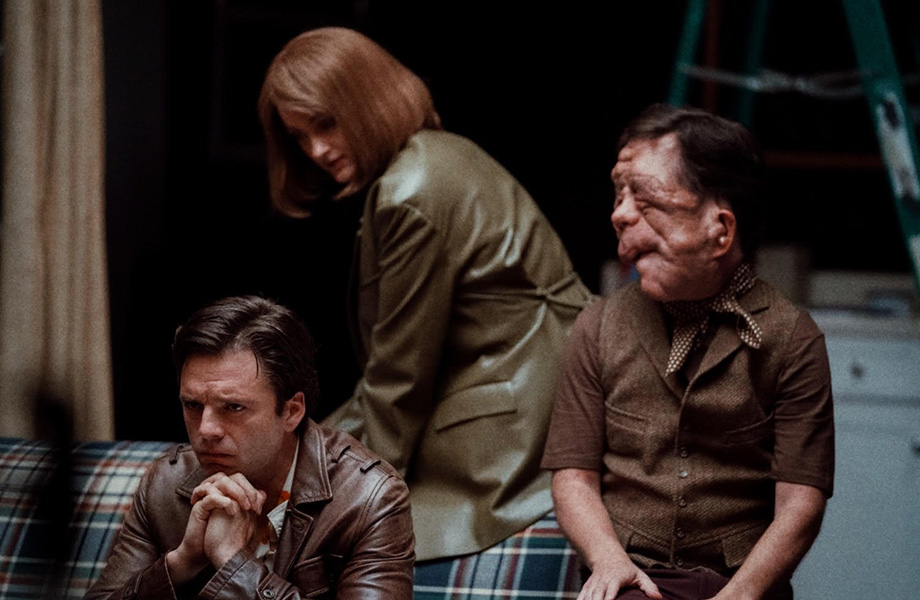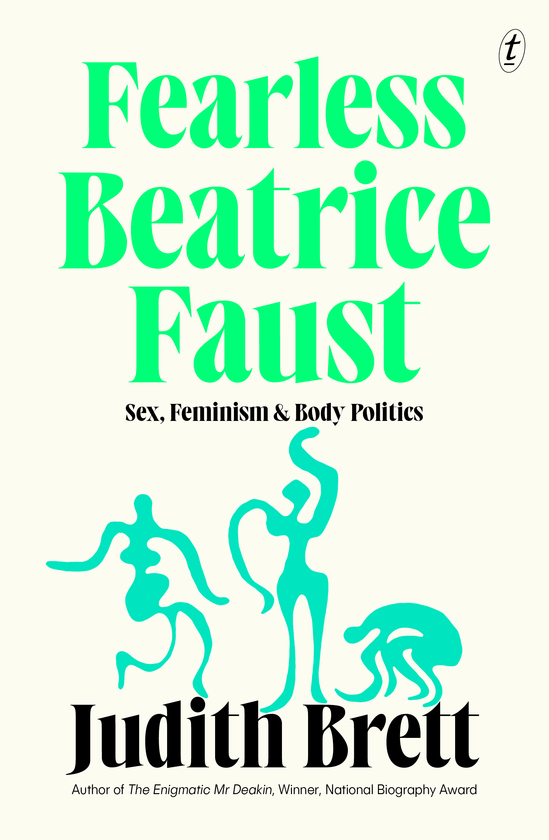A Different Man

Where David Cronenberg’s body horrors of the 1980s and 1990s, such as Videodrome, The Fly, and Crash, were fascinating because of the fusion of technology and the human form, a new wave of genre films is anxiously asking: how much can we tweak and tinker before our bodies start to bite back? Like Theseus’s ship, how much can we swap out before nothing of our true self remains? Cosmetic surgery is booming in the 2020s, promoted via social media and normalised across every age group, so it is no wonder that a new generation of filmmakers have bodily modification on the brain. This month alone, we have been treated to Coralie Fargeat’s The Substance, an impressively gross parable about ageing and sexism, and now we have Aaron Schimberg’s A Different Man, both funnier and thornier in its reflexive layers of insight around identity, authorship, and entertainment.
Continue reading for only $10 per month. Subscribe and gain full access to Australian Book Review. Already a subscriber? Sign in. If you need assistance, feel free to contact us.















Leave a comment
If you are an ABR subscriber, you will need to sign in to post a comment.
If you have forgotten your sign in details, or if you receive an error message when trying to submit your comment, please email your comment (and the name of the article to which it relates) to ABR Comments. We will review your comment and, subject to approval, we will post it under your name.
Please note that all comments must be approved by ABR and comply with our Terms & Conditions.